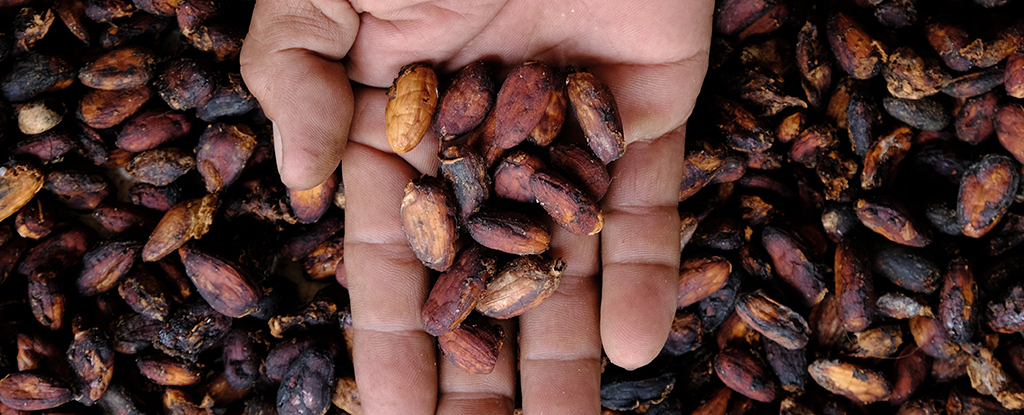Pairing your cup of coffee with your daily vitamin or supplement isn’t always a good idea. Some supplements don’t mix well with caffeine, which can affect how well your body absorbs them.
1. Iron
Iron transports oxygen in your blood and supports cellular function. You may need to take iron supplements if you have low iron levels.
Studies show that drinking coffee with an iron supplement can reduce absorption. The tannins and polyphenols in coffee can bind to iron, making it harder for your body to absorb. However, it’s important to remember that the effects of coffee on iron absorption seem to depend on when you drink your coffee.
If you are taking iron supplements for a deficiency, it is highly recommended to take them at least two hours before or after drinking coffee to maximize absorption.
2. Water-Soluble Vitamins (B Complex and C)
Coffee is a mild diuretic, which means it can increase urination and lead to a loss of certain nutrients. This may reduce the effectiveness of water-soluble vitamins such as B vitamins (including B1, B6, B7, and B12) and vitamin C.
Since the body doesn’t store these vitamins, any extra is passed through your urine. Drinking a lot of coffee can accelerate this process, potentially reducing absorption. For this reason, you should try taking your vitamins and coffee at different times.
3. Vitamin D and Calcium
Coffee may lower the absorption of both vitamin D and calcium: Research suggests that higher caffeine intake is associated with lower levels of vitamin D.
Here’s how coffee might interfere with your vitamin D and calcium supplements:
- Coffee may reduce vitamin D by decreasing the number of receptors needed for absorption.
- Vitamin D receptors are also vital for calcium absorption and bone health.
- Coffee’s diuretic effect may also increase the loss of calcium through urine. However, this amount is small and may be offset by adding as little as 1 to 2 tablespoons of milk to your beverage.
Moderate coffee consumption may not have a significant adverse effect on bone density. However, people who are at risk for low calcium levels or osteoporosis should be mindful. It’s best to take your calcium or vitamin D supplement at a different time from when you drink coffee.
4. Magnesium and Zinc
The polyphenols and tannins in coffee can bind to other essential minerals, such as magnesium and zinc, reducing absorption. Coffee’s diuretic effects can also increase nutrient loss through urine. Take your magnesium or zinc separately from coffee for the best results.
5. Melatonin
Melatonin is a hormone naturally produced in the body that regulates your circadian rhythm. It is triggered by darkness at night. It’s also available as an over-the-counter (OTC) supplement used to improve sleep.
As a stimulant, coffee works against melatonin by keeping you alert and making it hard to fall asleep, especially when consumed close to bedtime.
To avoid interfering with melatonin, it’s best to separate coffee and melatonin intake by several hours. Generally, it is recommended to avoid caffeine for at least six hours before bedtime.
How to Avoid Interactions With Coffee
The key to avoiding an interaction between coffee and your supplements is the timing. It’s recommended to take your daily vitamin or supplement separately from your cup of coffee, ideally at least a few hours. This way, you can minimize any potential interaction and ensure optimal absorption.
Source link
:max_bytes(150000):strip_icc()/20210814_171303-4947aeb853b7494ba9f67537baae0cc2.jpg)


